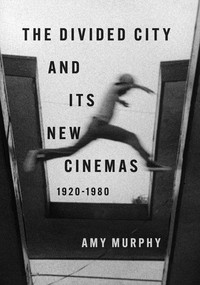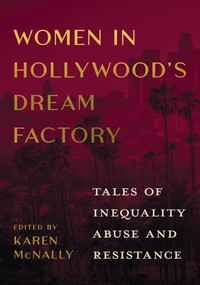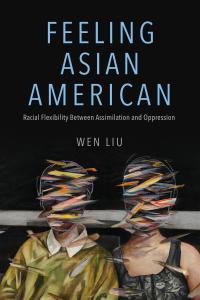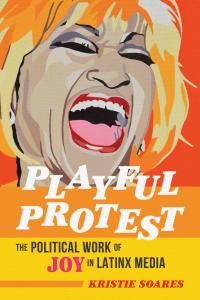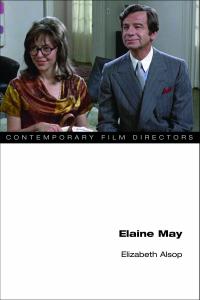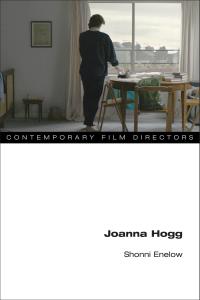
Terence Davies
About the Book
Called the most important British filmmaker of his generation, Terence Davies made his reputation with modern classics like Distant Voices, Still Lives and The Long Day Closes, personal works exploring his fractured childhood in Liverpool. His idiosyncratic and unorthodox narrative films defy easy categorization, as their seeming existence within realism and personal memory cinema is undermined by an abstractness that makes the way he lays bare personal pain come across as distant, even alien.Film critic Michael Koresky explores the unique emotional tenor of Davies's work by focusing on four paradoxes within the director's oeuvre: films that are autobiographical yet fictional; melancholy yet elating; conservative in tone and theme yet radically constructed; and obsessed with the passing of time yet frozen in time and space. Through these contradictions, the films' intricate designs reveal a cumulative, deeply personal meditation on the self. Koresky also analyzes how Davies's ongoing negotiation of--and struggle with--questions of identity related to his past and his homosexuality imbue the details and jarring juxtapositions in his films with a queer sensibility, which is too often overlooked due to the complexity of Davies's work and his unfashionable ambivalence toward his own sexual orientation.
About the Author
Michael Koresky is staff writer and associate editor at The Criterion Collection and cofounder of the online film magazine Reverse Shot.Reviews
"Koresky. . . . regards Terence Davies’s work as 'one of the richest, most idiosyncratic, and arrestingly experimental bodies of work put out by a narrative filmmaker,' and his monograph in the University of Illinois Contemporary Film Directors series is both informative and insightful."--Sight and Sound"Britain's finest living director finally gets the analytic overview and close reading that he deserves. . . . Koresky is especially perceptive. Recommended."--Choice
"Michael Koresky's study of Davies is above all attuned to the contradictions that define his life and inform his work, namely 'beauty and ugliness, the real and the artificial, progression and tradition, motion and stasis.' Koresky unpacks the paradoxes intrinsic to Davies's project with clarity and rigor, dividing his aesthetic among the fiction of autobiography (refraction of personal memories for poetic effect), the elation of melancholy (sensually pleasing depictions of excruciating events), the radical traditional (classical themes embedded in avant-garde constructions), and the suspension of forward motion."--Film Comment
Blurbs
"A significant contribution to the field. Koresky is able to both chart the development of Davies' cinema, while convincingly conveying the coherence and continuity of both theme and style at the heart of this very singular auteur." --Duncan Petrie, author of Creativity and Constraint in the British Film Industry
